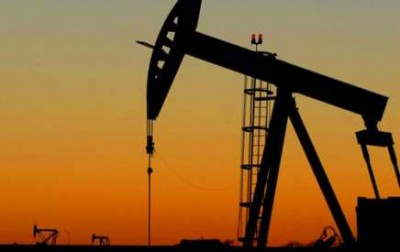How Will the Gulf of Mexico Oil Spill Affect Off Shore Drilling Regulations

There is little doubt that off shore drilling regulations will become stricter due directly to the current Gulf of Mexico fatal explosion and oil spill. The information circulated from the investigation of the oil spill incident in the Gulf of Mexico shows a lack of appropriate oversight by government agencies of the British Petroleum (BP) Company and lax enforcement of the safety regulations governing its deep water oil rig drilling. In particular the Minerals Management Services (MMS) permitted lax oversight that ensures proper management and associated checks to make certain that safety equipment and lock down mechanisms were installed, implemented and functioning properly on BP’s offshore oil rig prior to the pressure building explosion that caused the death of 11 company personnel and prompted the massive oil spill that has become the worst deep water spill in 20 years.
Instead of diligently providing the guidance to ensure the safety of personnel and preventing a catastrophic oil spill that now jeopardizes marine and plant life and threatens on shore operations for many years to come, the MMS and other government agencies, along with BP, must be held accountable for those deaths and now in the aftermath of the explosion and oil spill must generate the huge undertaking of spill containment and cleaning the environment and wildlife. The spill will negatively affect the fishing industry for at least several generations. In addition, an insurance investigation will determine which parties are at fault for these horrendous events and it will be of great financial loss to the insurance industry.
The safety equipment, including the Blow-out Preventer (BOP), was not engaged by the remaining crew members nor did it engage using the optional remote mechanism. There is speculation that other optional yet mandatory safety measures were not installed properly by the company and government agencies did not enforce these issues. There seems to have been negligence at several levels of which BP and government agencies, including MMS, must be held accountable. The results of the ongoing investigation will highlight the need for stricter oversight of and compliance with general and safety regulations governing deep water drilling procedures; however, whatever transpires from the Gulf of Mexico explosion and oil spill obviously is too little, too late.
The door has been opened for environmentalists to file grievances and law suits that will severely change the oil drilling industry for the immediate and long-term future. The incident will create a more severe focus on another drilling issue, that of Shell Oil being permitted to drill in the pure Arctic Ocean environment. Environmentalists may now point the finger at the Gulf of Mexico tragedy as the reason not to permit the Arctic off shore drilling and/or may hinder the activity for many years. It also will force oil companies and the U.S. Government to reconsider how they conduct the deep water drilling and whether it is worth continuing to place our sensitive environment in further jeopardy, or at the least, will force the stricter oversight of drilling and environmental safety regulations and ensuring the safety of the drilling crews.
Peter Stern, a former director of information services, university professor and public school administrator, is a disabled Vietnam veteran who lives in Driftwood, Texas.

